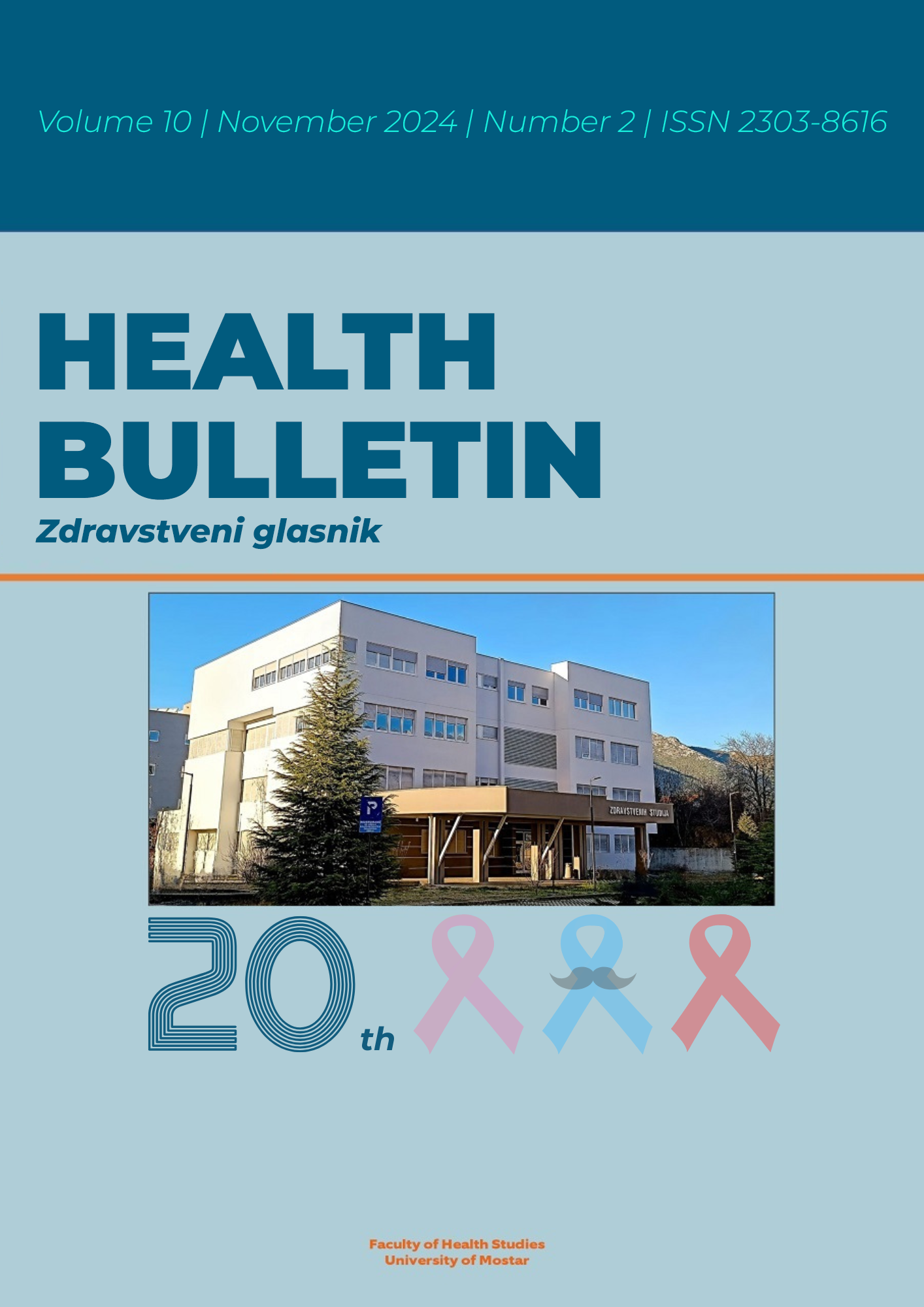THE CONNECTION OF SPIRITUALITY AND MENTAL DISEASES
Keywords:
spirituality, mental diseases, mental healthAbstract
Understanding how spirituality affects mental health can provide important insights into treatment and support methods for people with mental illness. In modern society, spirituality is increasingly recognized as an important aspect of human life. It signifies the deep values and life views that people want to live by. A higher level of spirituality aids personal growth and development, including an individual's mental health and emotional well being. Providing
spiritual health care is considered important for the prevention of depressive symptoms and includes activities such as listening to patients, offering peace, respect, comfort and hope. A holistic approach to treating patients is increasingly being recognized and applied throughout the world. A holistic approach to health recognizes the interconnectivity of the psychological, social, biological and spiritual aspects of a person, which is reflected in the application of
various methods including medication, education, communication, self help and alternative therapies. History shows that scientific research has long confirmed the connection between spirituality and improved health. Spirituality seems increasingly important in the context of increased life stress, and recent research suggests that spiritual practices can contribute to the reduction of depressive symptoms. Spiritual beliefs and practices can also provide comfort to people who are fearful or anxious, increasing their sense of control, security and confidence. The effects of spirituality on mental health are individual and depend on personal beliefs, life experiences and the context in which it is practiced. An individualized approach in the
assessment and integration of spiritual and religious aspects in the treatment of mental disorders is key. This paper explores the connection between spirituality and mental illness, with the aim of illuminating how spirituality can be both a source of support and challenge for
people struggling with mental disorders.
















